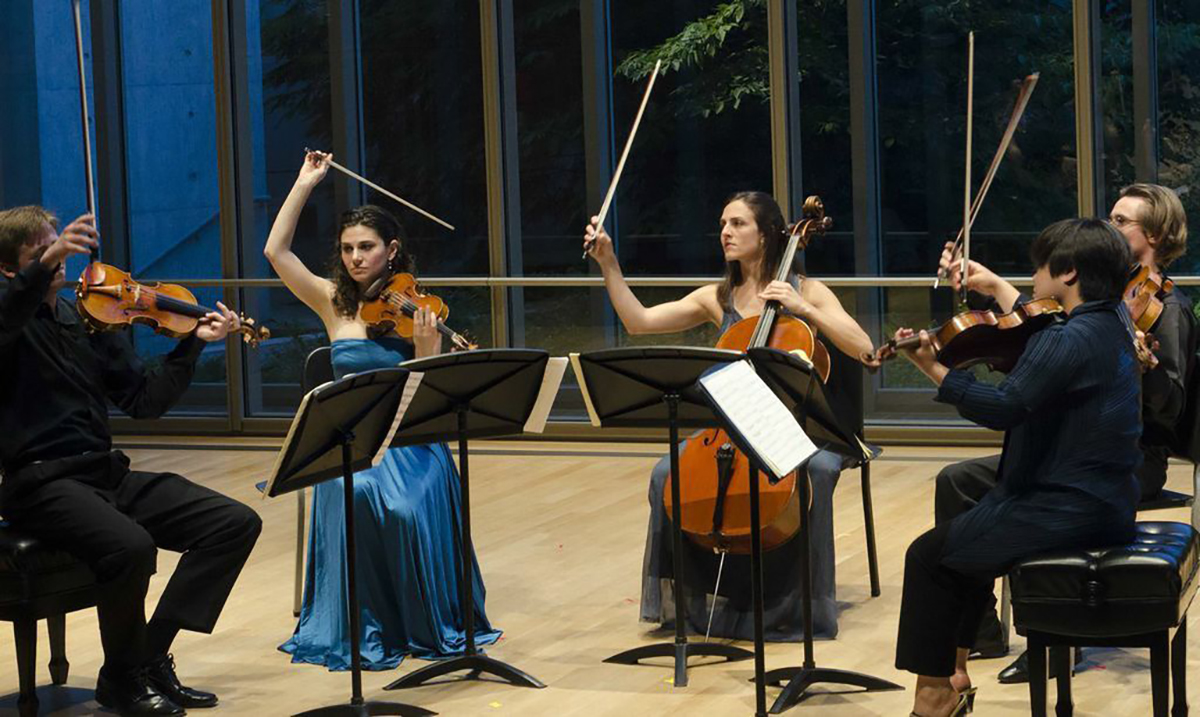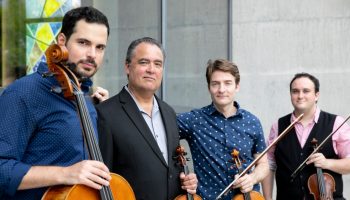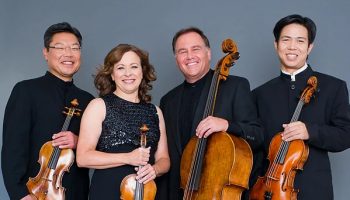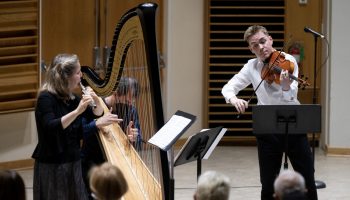Thematically programmed concerts are usually centered around grand narratives or specific time periods, not around prison. But at 4 p.m. Monday, July 2, in Elizabeth S. Lenna Hall, Chamberfest Cleveland will be performing the music of four composers who have all served jail time in a program titled “Behind Bars.”
The subject of imprisonment plays into the Chamberfest Cleveland’s larger theme, “In Search of Freedom.” In this case, it’s a lack of freedom that unites the composers.
Some of the names might come as a surprise — Johann Sebastian Bach is featured because the composer was jailed for a month by an angry boss, and Franz Schubert because he spent a few nights in prison for opprobrious language.
Henry Cowell, the early 20th-century American composer, earned his spot on the program because of a much longer sentence. In the 1930s, Cowell spent four years in San Quentin State Prison after being arrested for committing homosexual acts.
Perhaps the most serious imprisonment featured this afternoon will be Olivier Messiaen’s yearlong stint in a Nazi prisoner-of-war camp. While imprisoned, the composer wrote one of his best known works, “Quatuor pour la fin du temps” (“Quartet for the End of Time”).
He also premiered it in that prison camp, to an audience of prisoners and guards. The Messiaen quartet, at almost an hour long, will be the entree of the program. It’s a challenging work on many levels, said Chamberfest clarinetist and co-founder Franklin Cohen. Messiaen weaves a complex tapestry of sounds that captures the frantic, apocalyptic fears of World War II Europe.
Messiaen weaves a complex tapestry of sounds that captures the frantic, apocalyptic fears of World War II Europe. From the audience, it demands an attentive ear, and from the performers, it requires tremendous focus and technical skill.
Despite the oppressive circumstances of its composition and the intense turmoil that takes place for most of the piece, Messiaen — a devout Catholic — ends the quartet with the violin slowly ascending to the highest extremes its range. Cohen said it represents hope for a positive outcome to a dismal situation.
“In the end, I think we’re all feeling this kind of uplifted feeling that Messiaen probably has been searching for throughout his whole life,” he said.
Cohen, principal clarinet emeritus of the Cleveland Orchestra, along with his daughter Diana, concertmaster of the Calgary Philharmonic Orchestra, are the minds behind the inventive program and Chamberfest Cleveland itself. The duo began the festival in 2012 at Diana Cohen’s suggestion. She knew that she and her father had a large network of friends and colleagues in music, and she saw potential for an organized concert series.
“When the opportunity to reach into our community even more deeply and more intimately through Chamberfest came up, we seized at the opportunity,” Cohen said. “Ultimately, when your daughter wants to be your partner, how can you say no?”
For the duration of the festival, the participating musicians stay in Cohen’s and his neighbors’ houses. In between rehearsals and socializing, they even have their meals together. Chamberfest — started by a family — still functions like one.





